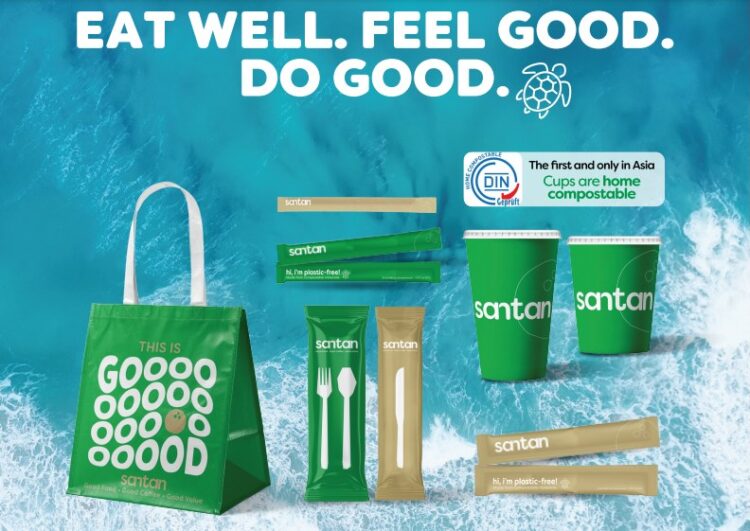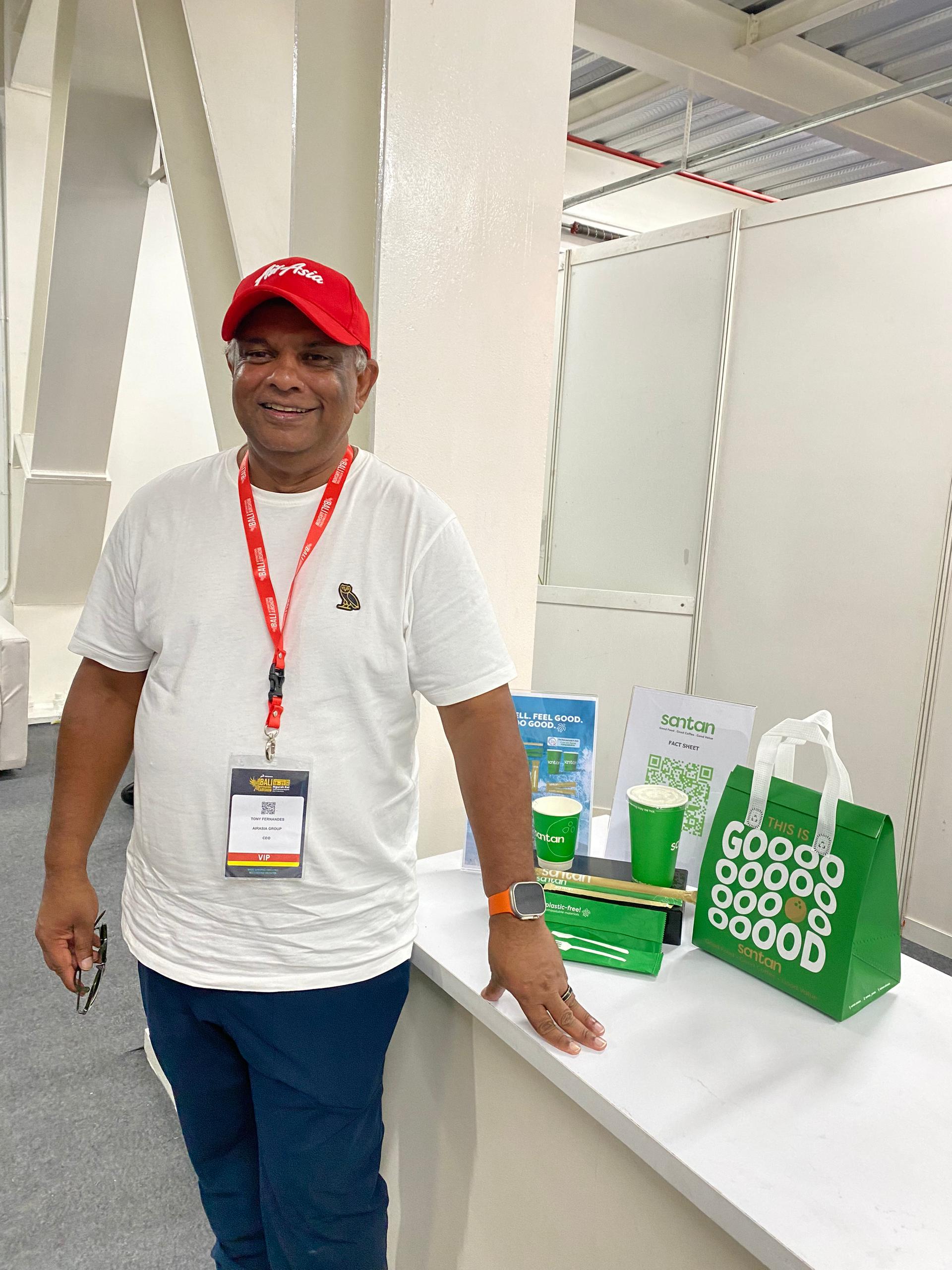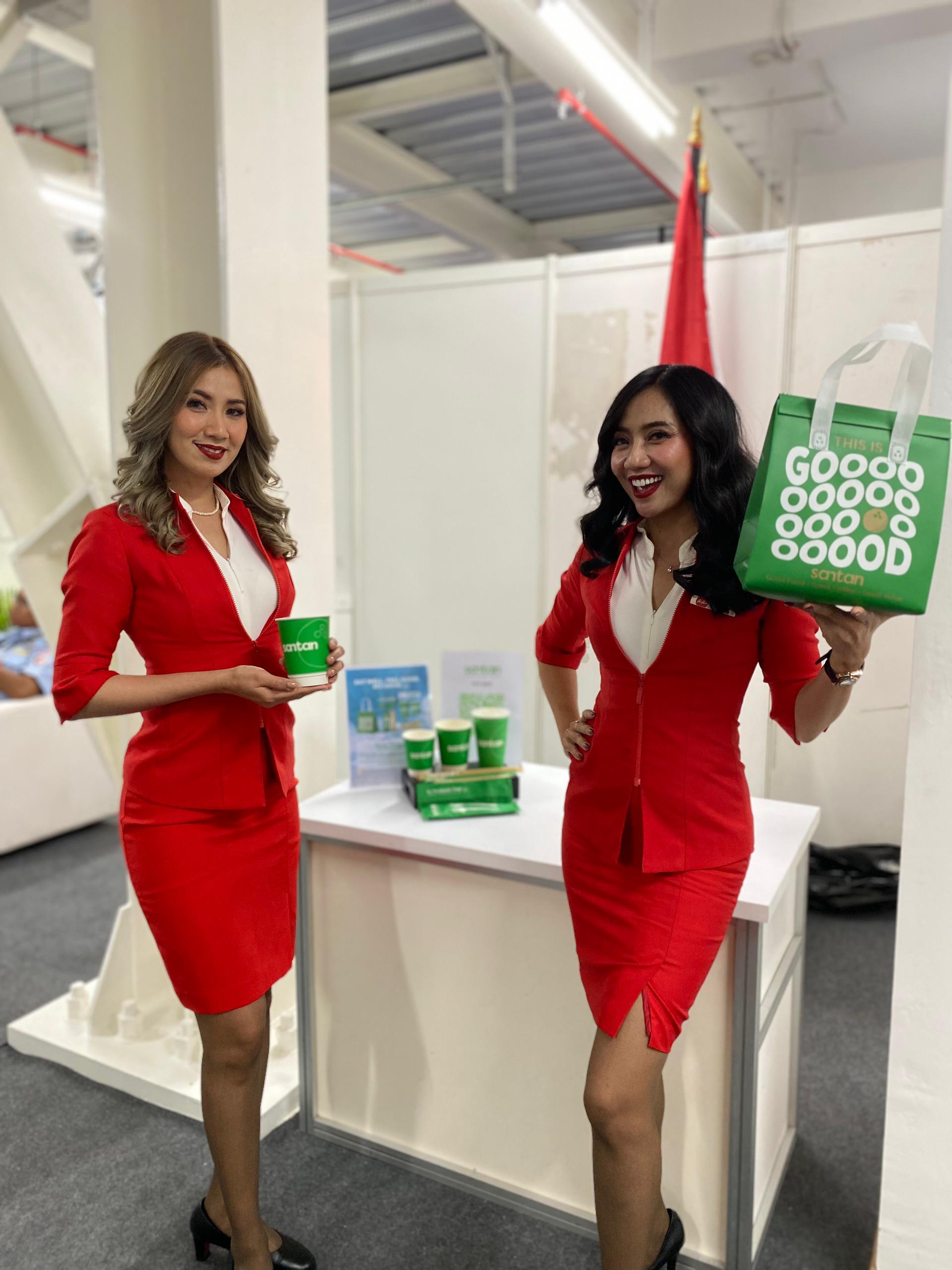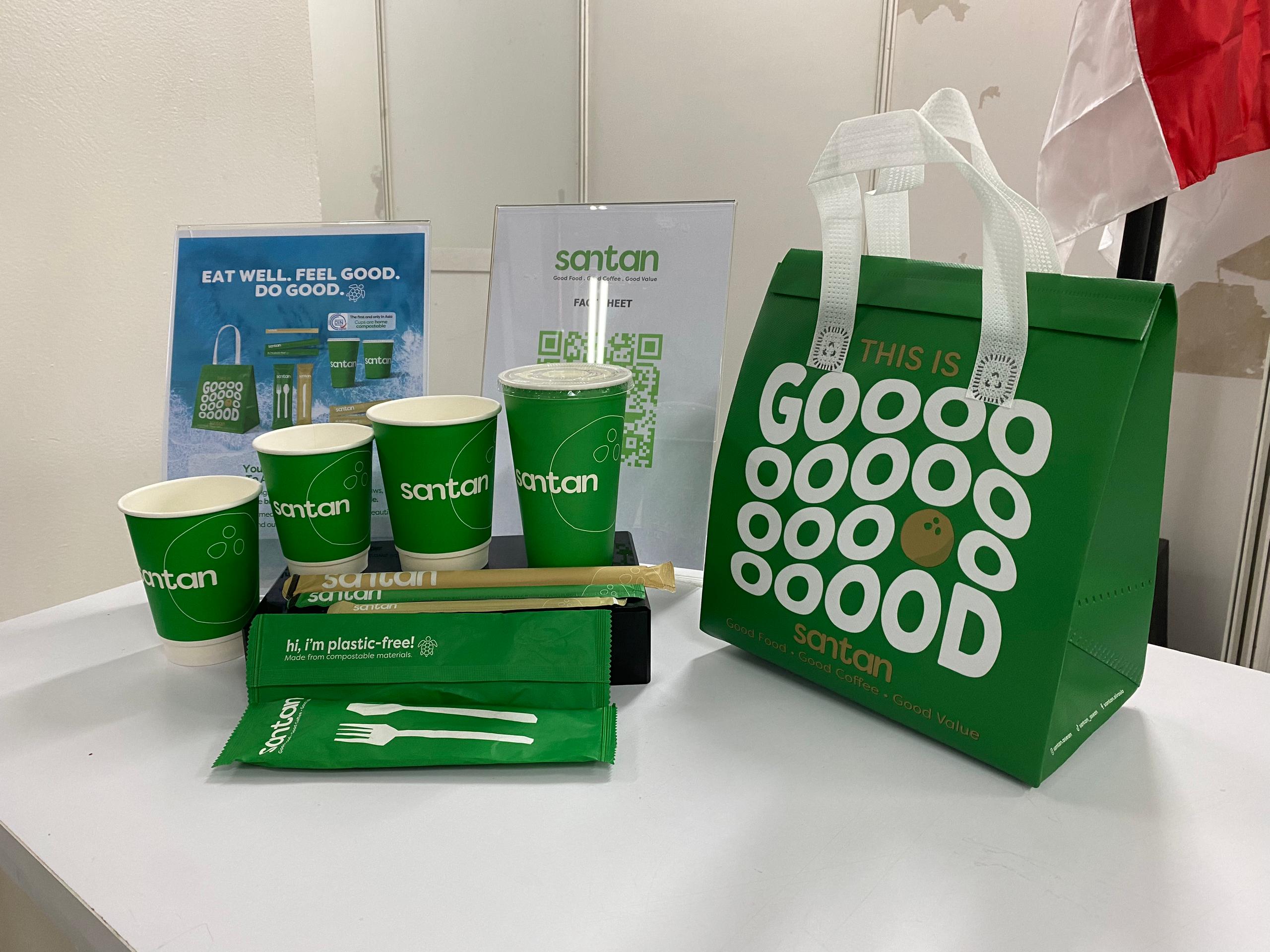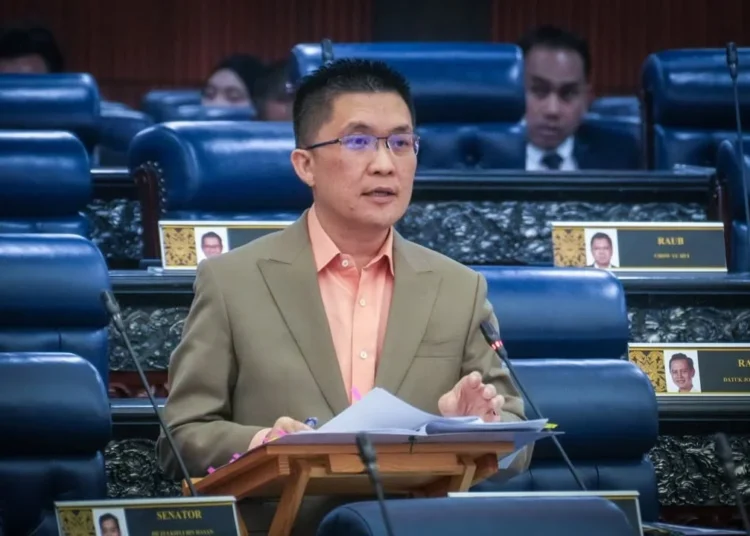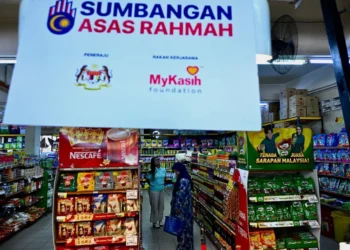Compostable Inflight Food Packaging: A Commitment to Responsible Tourism
Santan has transitioned from single-use plastics to environmentally friendly, biodegradable materials, utilizing PLA (Polylactic Acid) packaging for all inflight disposable items such as cups, lids, and cutlery. This move aligns with AirAsia’s larger sustainability and responsible tourism objectives.
Here’s how it contributes to waste management and environmental protection:
Rapid Decomposition
PLA breaks down at a rate of over 90% in industrial composting facilities, greatly reducing decomposition time compared to conventional plastics, which can last for centuries. Santan’s paper cups, coated with PLA, are also certified for home composting.
Reduction in Carbon Emissions
The switch to PLA is expected to cut carbon emissions by 472 tonnes annually throughout AirAsia’s network. Since PLA is derived from renewable resources such as corn and cassava, its production releases fewer greenhouse gases than petroleum-based plastics, helping to reduce AirAsia’s overall carbon footprint.
Public Perception and Eco-Conscious Travellers
The shift to compostable packaging appeals to an increasing number of eco-conscious travelers who expect airlines to embrace sustainable practices. Santan aims to set an example for other brands to follow, furthering the efforts to reduce plastic waste within the travel industry.
Scalability of Impact
Serving over 20 million passengers annually, the use of PLA packaging has a substantial impact. Each drink served in PLA helps reduce non-degradable waste on every flight, leading to significant decreases in both plastic waste and carbon emissions when implemented across the entire network.
AI-Driven Demand Planning for Food Resource Management
Santan integrates AI-driven demand planning to enhance sustainability efforts by optimising food resources. This initiative contributes to AirAsia’s sustainability goals in the following ways:
Reduced Food Waste
AI allows for accurate forecasting of customer preferences and the amount of food required for each flight, reducing overproduction and excess inventory. This helps minimize food waste, a critical aspect of global sustainability efforts.
Optimised Inventory Management
By optimizing supply chain efficiency, AI ensures that the correct amount of food is stocked at the right time, preventing overstocking and spoilage. This also reduces the energy consumption and emissions linked to storing surplus food, supporting responsible resource management practices.
Santan’s commitment to using compostable PLA packaging and integrating AI-driven demand planning represents a significant advancement in sustainable travel practices. By transitioning to biodegradable materials, reducing carbon emissions, and minimizing food waste, Santan not only supports AirAsia’s broader sustainability and responsible tourism goals but also sets a benchmark for the industry. This innovative approach highlights the potential for substantial environmental benefits when companies prioritize eco-friendly solutions and efficient resource management, ultimately contributing to a more sustainable future for air travel.
All the information and images are provided by AirAsia.
Follow us on Instagram, Facebook or Telegram for more updates and breaking news.


